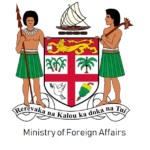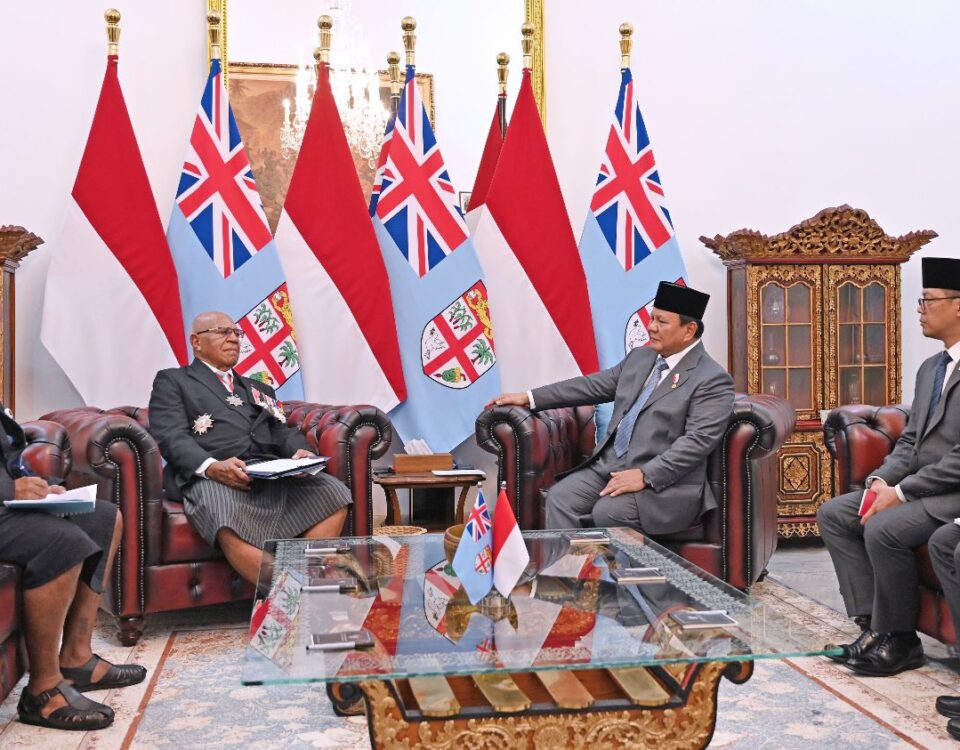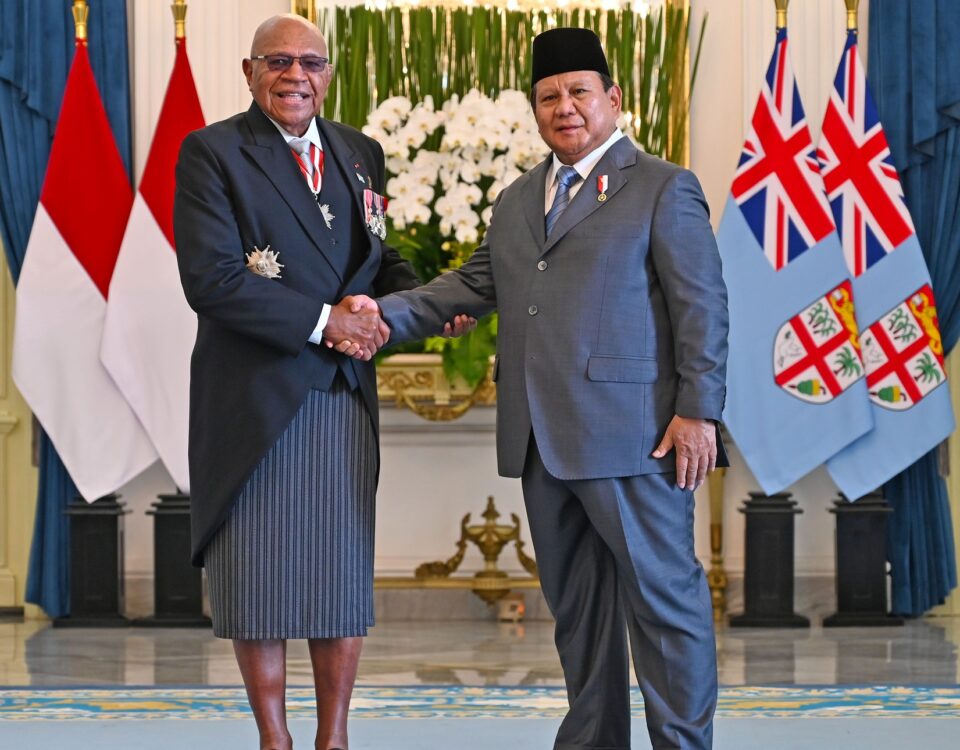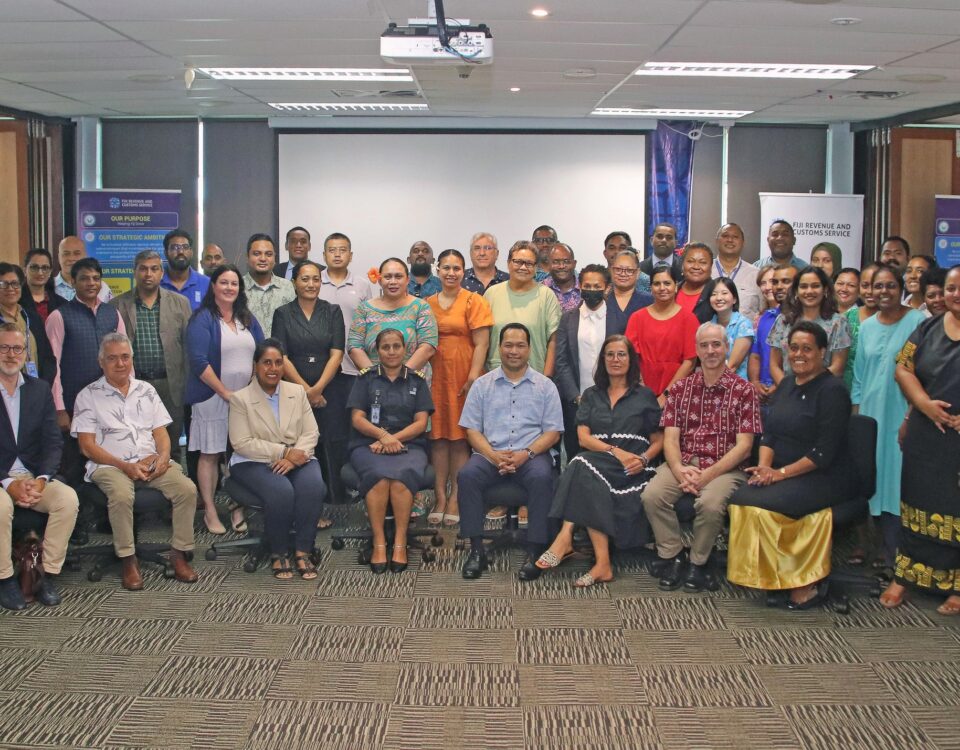
PM Bainimarama’s Statement at the Coral Reef Rescue Initiative
04/11/2021
PM Bainimarama’s Statement at the Sugar Sustainability ISO Side Event
04/11/2021Published On: 04/11/2021
Bula Vinaka and good morning.
Yesterday marked the start of cyclone season in the South Pacific –– a period now defined by record-smashing super-storms that can erase years of infrastructure progress in a matter of hours.
I know because I’ve seen it happen. Whether it’s storms, floods or fires, the same hard lessons are being learned around the world: building to last century’s standards is building to lose. The world is warming, the impacts are terrifying, and the standards we build to must be defined by and readied for those intensifying risks.
It takes resources to build resilience. But we either we pay to adapt now, or pay a much higher price in the aftermath of climate-driven devastation. By becoming the first developing state to enact a comprehensive Climate Change Act, Fiji will be required to adapt our building codes and standards to the climate reality and be inclusive of our green priorities. But there is a gap, trillions of dollars deep, between what vulnerable nations have and what they need to build resilience to a climate crisis we did next to nothing to cause.
The welfare of people in both developed and developing nations depends on changes to the way we build and plan. Trillions of dollars may sound insurmountable. But the alternative is unthinkable. Even now, we are seeing what can happen when worsening climate-driven disasters meet outdated infrastructure and transport networks. Unchecked carbon emissions could see the foundation of our interconnected global marketplace fall out from under us. We can only bridge the financing gap between vulnerability and resilience if we fully enlist public and private sector sources of funding.
We welcome India’s launch of the Infrastructure Resilience Project for Small Island States–– it’s a promising start. Prime Minister Modi, thank you for your leadership. We trust this initiative will reach well beyond technical assistance and capacity building to unlock trillions in private sector capital. It can do that by de-risking critical investments now that will build resilience for those on the front line of the climate crisis. Fiji’s Relocation and Displaced Peoples Trust Fund, which establishes a proven process to move at-risk communities and their infrastructure, is one example of where those funds can make an impact.
Of course, the single most important measure we must take to protect our development progress is to drastically curtail the emissions that are changing the climate and forcing this crisis upon us. That is the responsibility of every nation, but the greater burden falls justly on the greatest emitters. If we fail to dramatically cut emissions, if we fail to move swiftly and immediately to free ourselves of our reliance on fossil fuels, we will fly past the 1.5-degree guardrail towards levels of warming that totally will upend our understanding of resilience. It is a future that we are gathered here in Glasgow to prevent at all costs. Let’s not forget it.
Vinaka vakalevu. Thank you.





